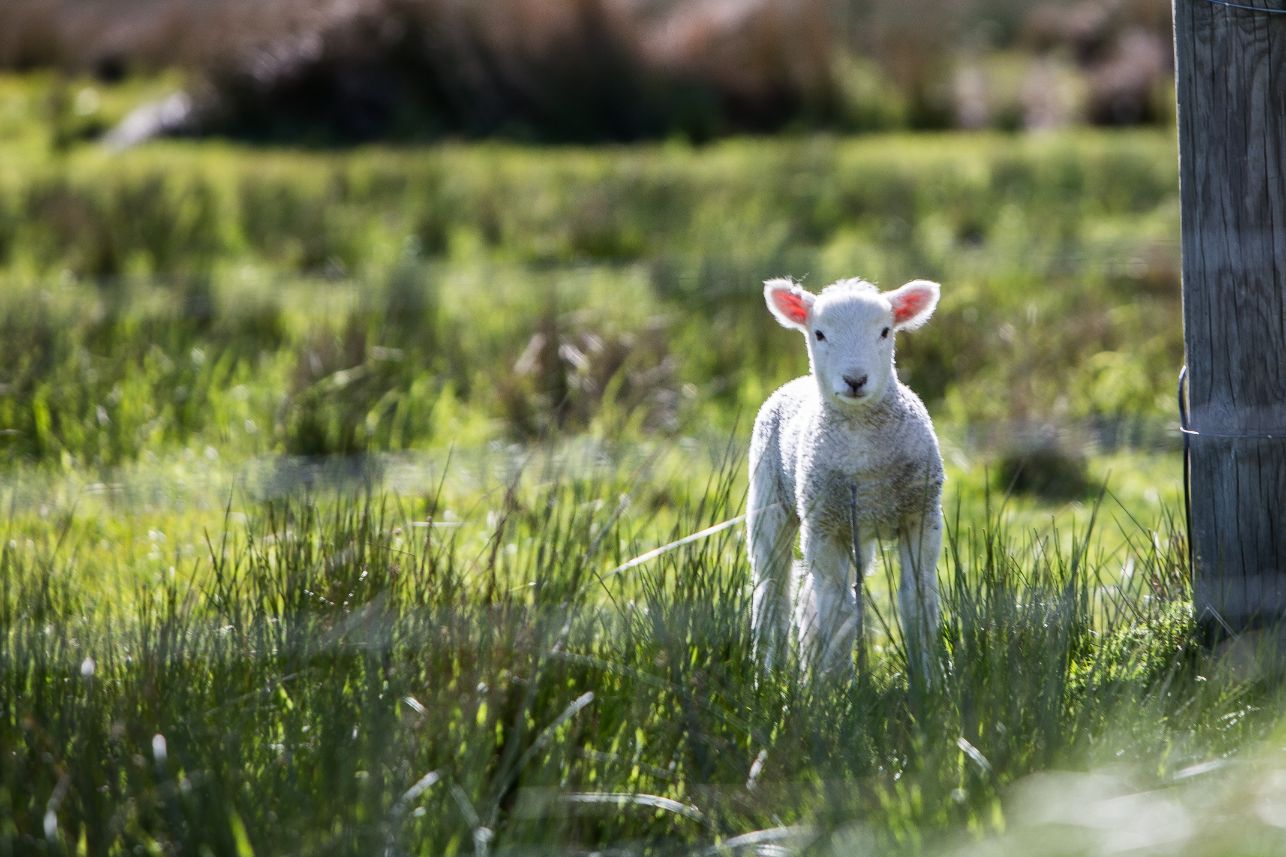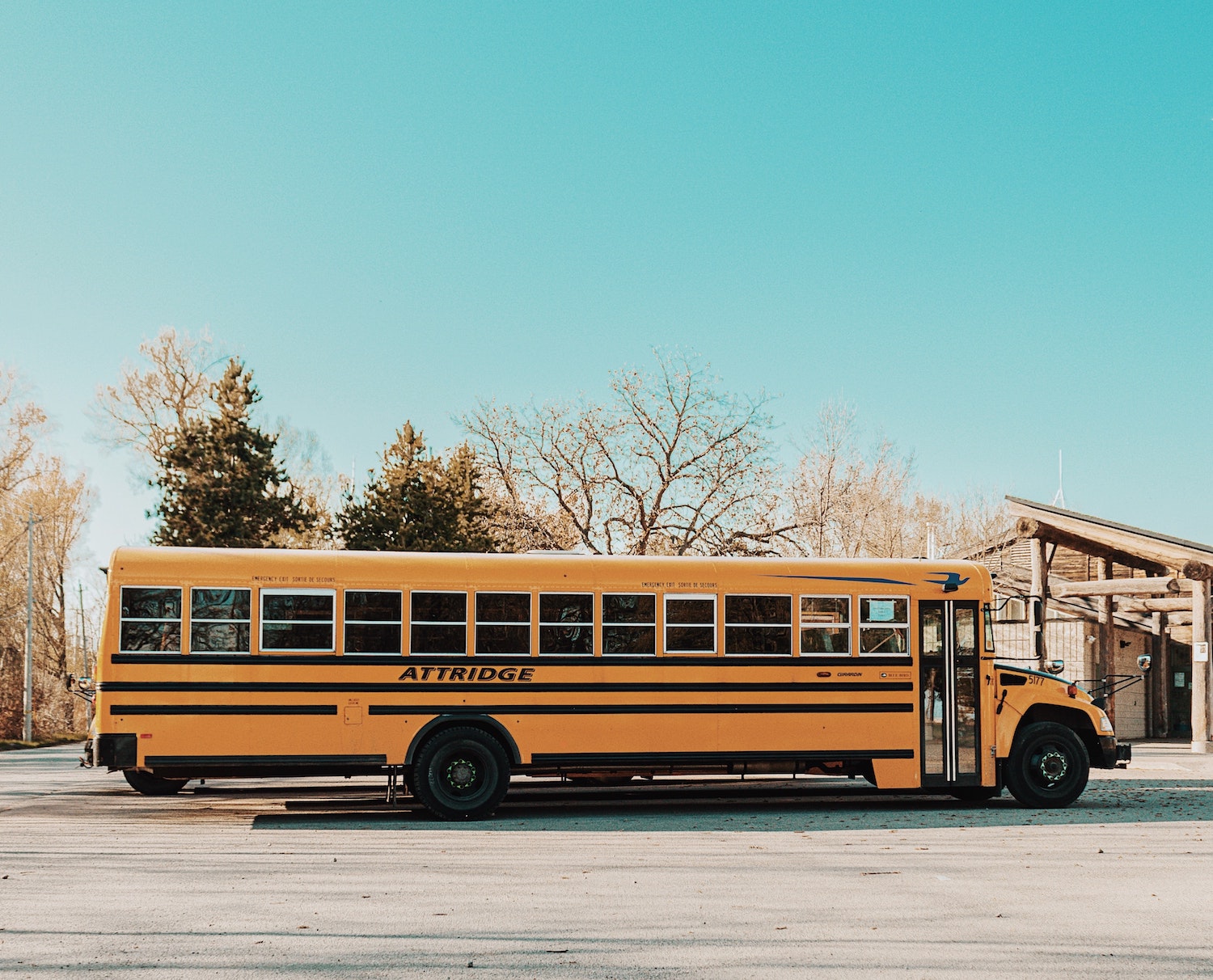Moving to the Country: What you Need to Know
Lifestyle • December 17, 2020
A trend that is catching more attention is buying rural Real Estate. If the pandemic has brought one thing to light for many homeowners, it is that many of us do not have the space to live comfortably when spending most of our time at home. This could mean that either you have been moved to work from home, remotely, instead of at your office, or that being home more frequently has heightened your awareness about the limited space you have. Your backyard may be looking smaller, your condo is too crowded, or there are just too many people with different schedules, hobbies, and interests trying to coexist in the same place. Whatever the issue may be, moving to the country seems to be a common solution. Before you call your REALTOR ® with your country living dreams, make sure you are aware of the ins and outs of living rurally. Here are some must-knows for you to consider when deciding whether or not buying a home in the country is for you.
Maintenance Fees
While you may be escaping dreaded condo fees, you may not totally be able to rid yourself of paying other association or maintenance fees. Oftentimes, depending on where you buy, the road can be long, winding, and far off main roads. Before you sign your papers, make sure that you know who is responsible for road maintenance and snow removal. Unless you have some pretty big machinery in your storage locker that can remove snow and keep road conditions smooth and driver-friendly, you could be absorbing much of the cost of road maintenance to access your country home.
Septic Systems
If you are coming from living in a developed city or condo facility, you may not have considered the additional costs that come with sewage maintenance and removal. A septic system is used in rural homes to remove sewage into a holding tank where it then breaks down the solid waste and releases any remaining liquid into a drain field. If you purchase a home with a septic system, it is beneficial to do any regular or recommended maintenance on it to keep the system in good shape, as having to replace it entirely can be a large cost. Your REALTOR ® and a good inspector will help to make sure your septic system is in good shape before purchasing your new home.
Water Well
Many rural homes do not have the capacity to be hooked into a public water source. As a response to this, they are equipped with well water systems. These systems make it able to use groundwater within a home. Once you familiarize yourself with how well water systems work, the benefits are pretty great; Groundwater tastes fantastic and is much more cost-effective.
Well-water systems will require regular maintenance though, to ensure the water is safe for use. Be sure to have the water tested and obtain any information or documentation from the previous owners on when the last maintenance was provided.
Heating Systems
Homes can be heated in many different ways in rural or country homes that are not by natural gas. One popular way homes are heated is by oil. A great benefit to oil heating systems is the cost of a furnace generally runs cheaper than gas-fired furnaces, however, the cost of oil is often higher than that of natural gas. Oil systems require routine maintenance and should be serviced every year to ensure it is running safely and efficiently.
Propane is another common way that rural homes are heated. Propane heating systems have a longer life expectancy than the typical gas fireplace. It is also a cleaner alternative to oil fuel and is seen more in new builds.
Garbage and Recycling
When living in rural towns, some people have to pay more for garbage and recycling removal. Others may need to take it away themselves. Buying garbage tags is a common practice in smaller rural communities, and while it seems small, it is not something that many city residents are accustomed to doing. Make sure to know the system in place and be ready to make a more mindful effort into how much waste you produce.
While there are a lot of things to consider when moving to the country, the fact is that the space you get (both indoors and out) for the price is often unimaginable. Take your time and do your research and speak to your REALTOR ® about any questions and concerns you may have. Ensuring your REALTOR ® is well versed in buying and selling rural properties is a must as well, to make sure that you get all of the information required. For help purchasing your new country home, contact me today.


